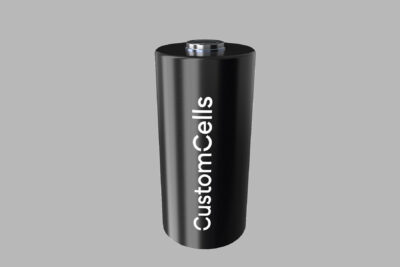EU project to establish digital battery passport
Over the next three years, the EU project BASE, which stands for ‘Battery Passport for Resilient Supply Chain and Implementation of Circular Economy’ will demonstrate and validate a digital battery passport and examine the aspects of functionality, data traceability and value creation.
As mentioned above, the BASE project will use blockchain technology as a tool for the digital battery passport and the project is coordinated by the Fraunhofer IEG, which focuses on energy infrastructure and geothermal energy.
From 2027, a functioning digital battery passport will be mandatory in the EU. This is because the European Union adopted a new regulation on battery market regulation in August 2023. Key points of the document are a mandatory declaration and labelling – including with regard to battery components and the proportion of recycled materials – as well as the aforementioned electronic ‘battery passport’ and a QR code. In order to give Member States and economic operators in the market sufficient time to prepare, the labelling requirements will apply from 2026 and the passport and QR code from 2027.
The main focus of the BASE project is thus to develop a digital battery passport that is compatible with the upcoming regulation. In addition to Fraunhofer IEG, the project consortium includes two other Fraunhofer institutes (SCAI and ISE) as well as BeePlanet Factory, Adscensus, MB, Parakeet BV, INND Batteries, Ford Otosan, Artech International, Corvus Energy, Mercedes-Benz Türk, Seraph Consulting, ROK Metals, Aspilsan Enerji, Navtek Deniz Teknolojisi, the European Lithium Institute eLi and Exitcom Recycling. Associated partners are the Graduate Institute in Geneva, SQM, Technovative Solutions Limited and the University of Surrey.
As part of BASE, the consortium is aiming to develop four demonstrators to show how close the concept being developed is to application. In the automotive sector, Mercedes-Benz Türkiye’s eCitaro electric buses and Ford Otosan’s EV platforms are available for this purpose. The two other pilots relate to the maritime sector and stationary energy storage systems.
In future, the passport will have the task of documenting the processes and components of the batteries along the entire value chain in a traceable manner and making subsequent applications for batteries more efficient. “A battery that wants to be green must provide transparent information about where it comes from, what it contains and what it is still good for,” explained Dr Shahin Jamali from Fraunhofer IEG, coordinator of the BASE project. “The digital battery passport that we are developing makes this possible.”
The battery passport should not only reveal static data but also store current operating data that influences the future use of the battery. “Typical entries can include the year of manufacture, material composition, dismantling or recycling instructions, operating parameters or safety instructions, but also operating hours, temperature curves, charging cycles or error codes during operation,” writes the Fraunhofer Institute. BASE uses blockchain technology as a tool for the digital battery passport. According to the initiators, users can record the data in a secure, transparent and distributed manner and update it continuously throughout the battery’s life cycle.
In addition to its activities around the realisation of a battery passport, the BASE team will also develop analytics and AI techniques to help estimate battery performance and safety indicators, circular economy indicators and environmental, social, governance and economic impact indicators.
fraunhofer.de, idw-online.de (in German)





0 Comments